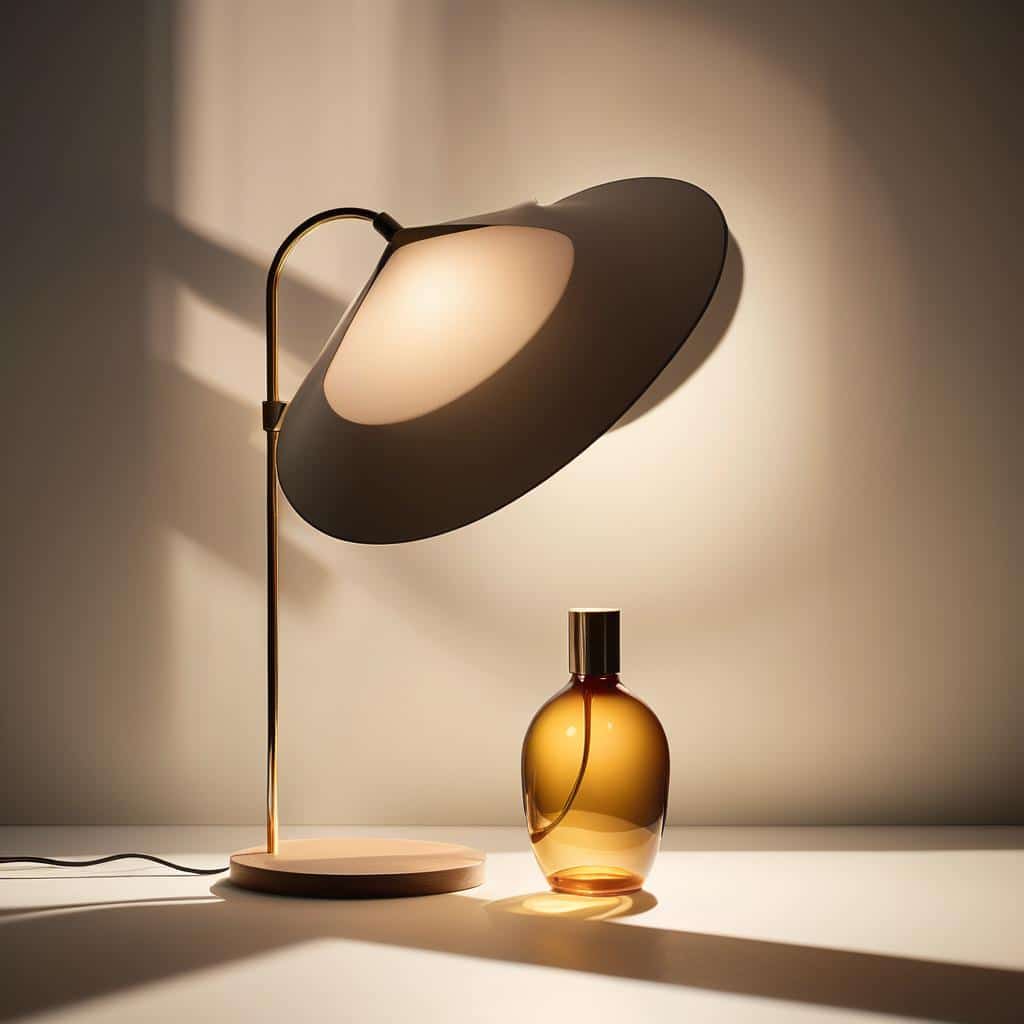In the world of e-commerce, consumers do not possess the liberty to physically interact with the products before buying. Product photography is taking care of this loophole! A well-crafted product image evokes the desired emotions and enables customers to perceive the product as close to reality and envision using it in their everyday lives. This immersive experience helps the customers decide whether to add the product to their shopping cart or give it a pass.
That brings us to the question: What makes a product photograph ‘exceptional’? You may think it’s the beautiful props, colors, or composition. While they play a crucial role, everything will fall flat if the photography lighting is not suitable enough to illuminate your setup and shadows are missing to create depth in your photos.
Understanding the basics of product photography lighting and shadows
To determine the best lighting setup for product photography, it’s essential to be proficient in all available options, including natural and studio lights.
Natural lighting photography
For a cost-effective and dynamic product photography lighting setup, you can rely on light provided by the sun! The lighting intensities change throughout the day, giving you a variety of settings to work with.
Blue hour: Also known as twilight, it is around 20 minutes before sunrise or after sunset when the sun is below the horizon. At this time, the sky gets painted in cool colors, including blues and purples, resulting in cool, moody lighting and soft shadows.
Golden hour: The sun creates warm and mellow lighting during the first hour after sunrise and before sunset. As for the shadows, they are soft, long, and dramatic during the magical hour.
Midday: At noon, the sun is directly overhead, creating intense light and harsh shadows and leading to high-contrast photos. While it may not be the best lighting setup for product photography, it is possible to make the conditions more favorable using photography techniques like diffusing.
Studio lighting photography
While natural lighting has many benefits, it can be challenging due to its unpredictability. That’s why many product photographers rely highly on studio lights that help them manipulate the lighting and shadows as desired.
Continuous lighting: It uses fluorescent bulbs, tungsten bulbs, and LED lights to provide a consistent light source during the photoshoot. It is ideal for soft and diffused illumination and shadows on the product.
Flash lighting: In this product photography lighting setup, a flash unit produces a rapid burst of light upon clicking the camera shutter. The ability to adjust the power and duration of the flash offers the benefit of creating dynamic lighting effects from soft, evenly illuminated images to high-contrast ones.
The emotional impact of product photography lighting and shadows
While lighting and shadows are technical aspects of product photography, they subtly influence the emotions and moods of the customers, ultimately affecting their buying decisions. Below, we delve into several common photography techniques and the feelings they evoke:
Soft lighting: Gentle, calm, serene
Hard lighting: Dramatic, intense, bold
Backlighting: Radiant, magical, mystical
Rim lighting: Mysterious, dramatic, edgy
Colored lighting: Creative, playful, thrill
Natural lighting: Authentic, organic, timeless
The G Story knows to paint with lights and shadows to increase your product sales!
If you’ve made it this far, you probably understand the importance of product photography lighting in creating world-class images and boosting product sales. At The G Story, we specialize in helping brands produce compelling product photographs that drive conversions. If you desire similar results for your company, contact us today!

